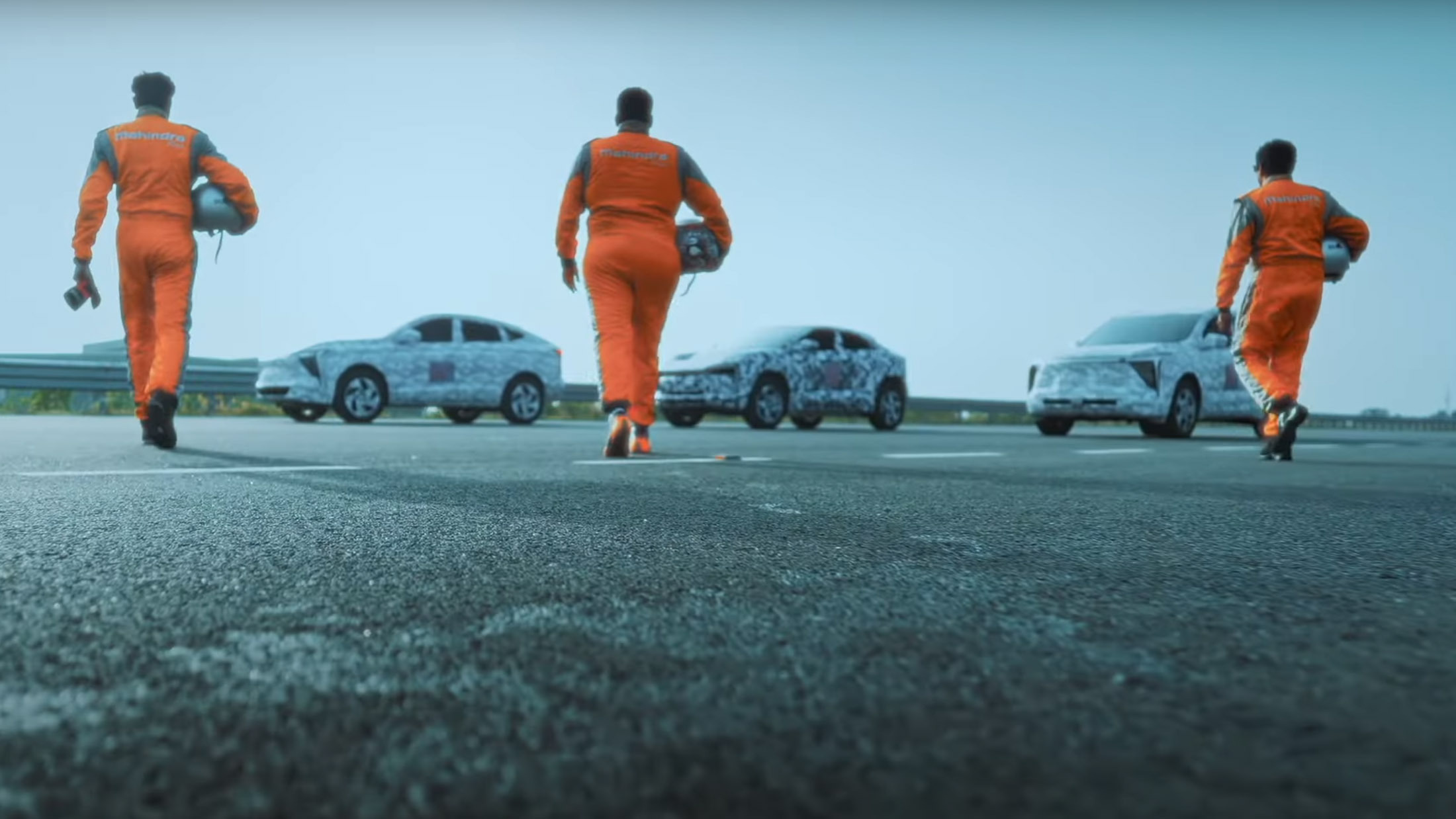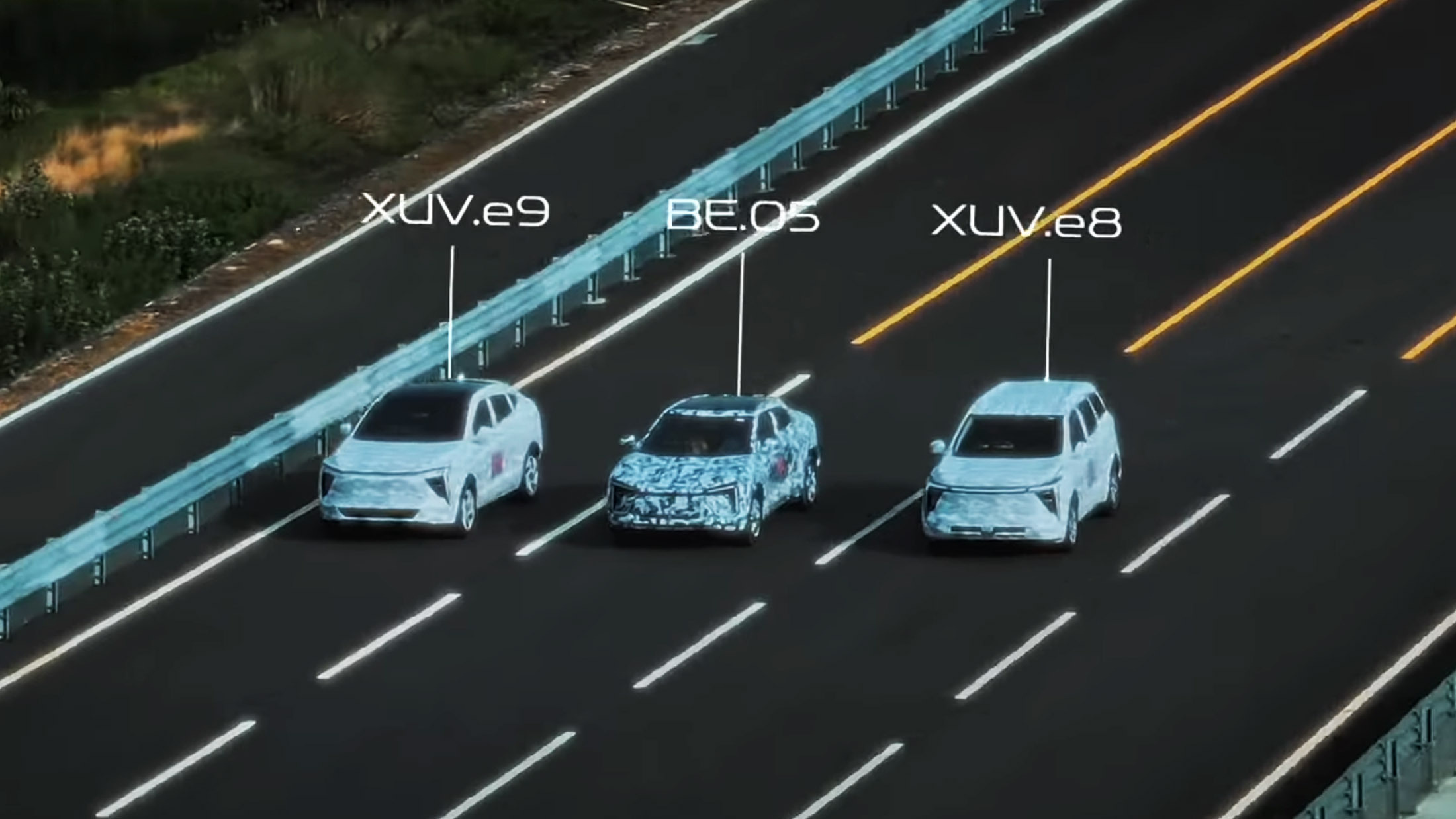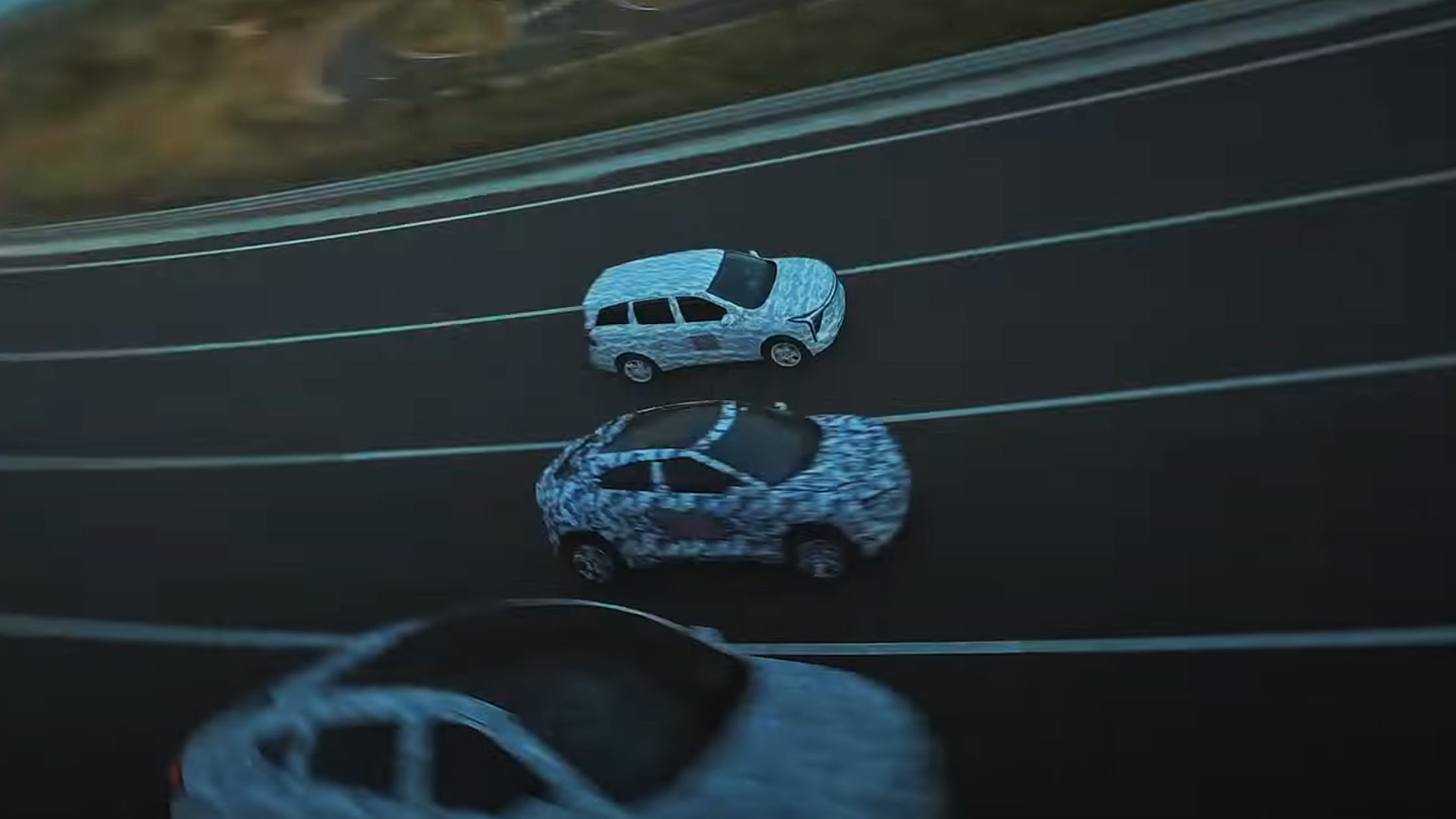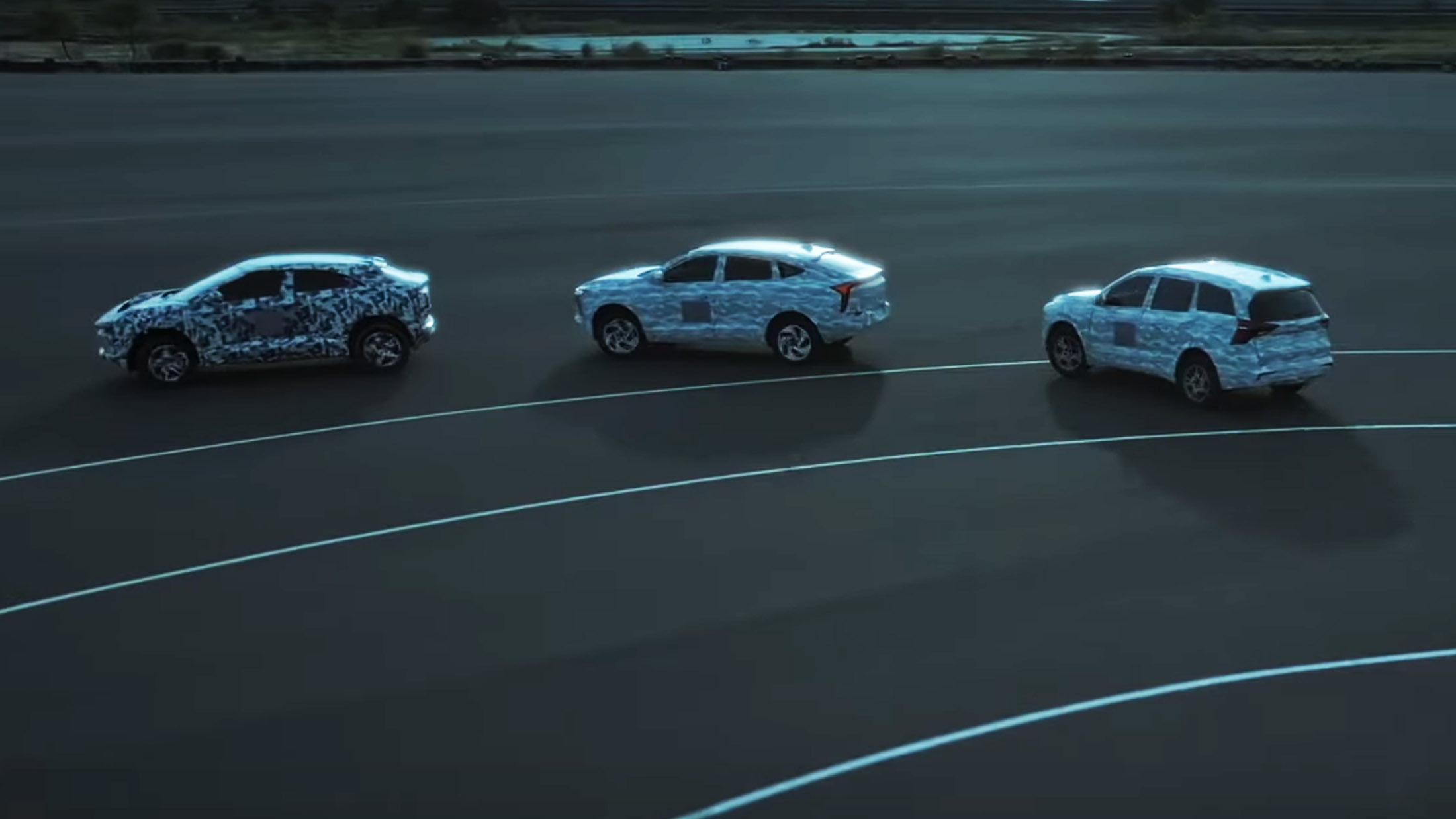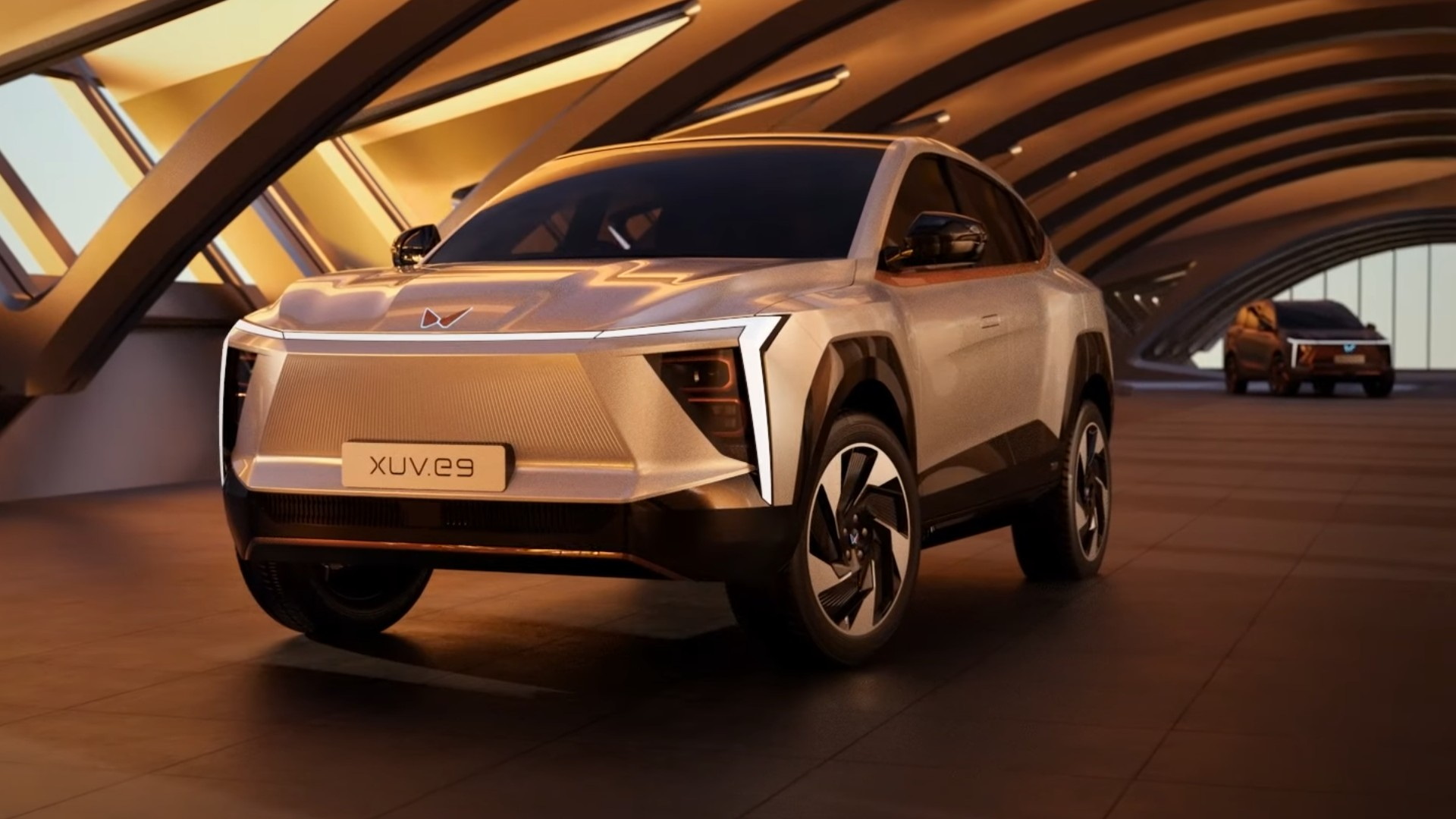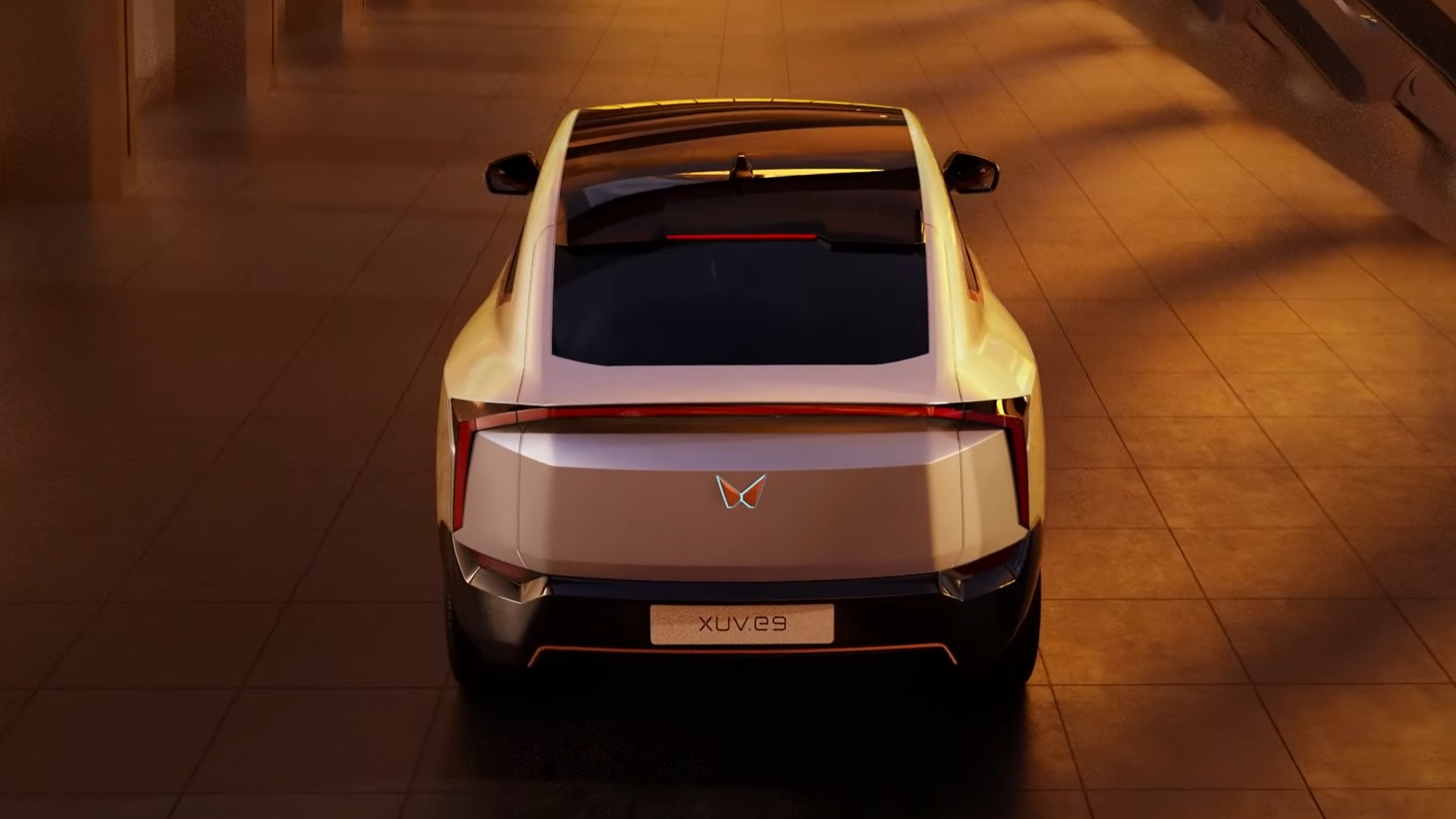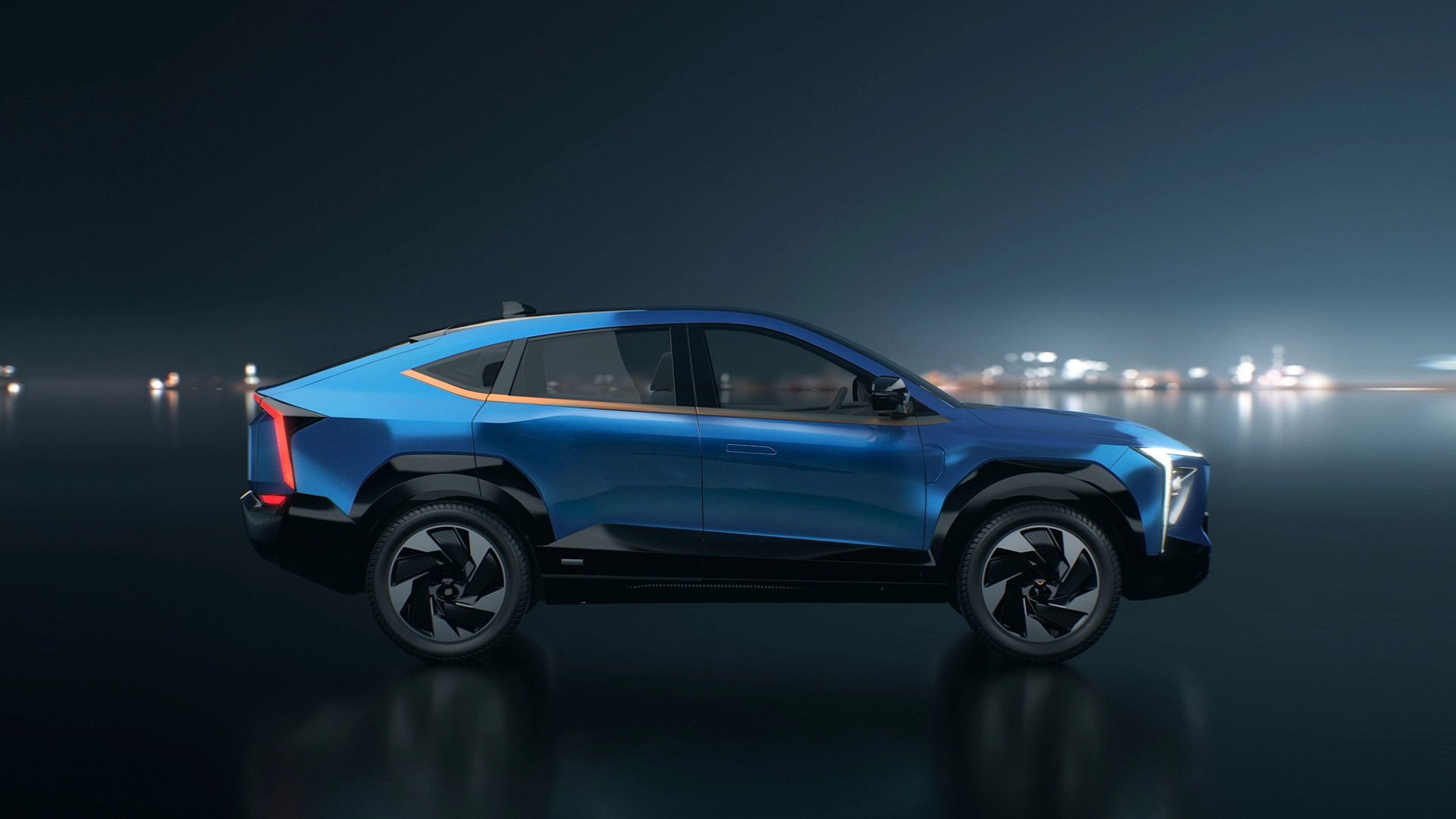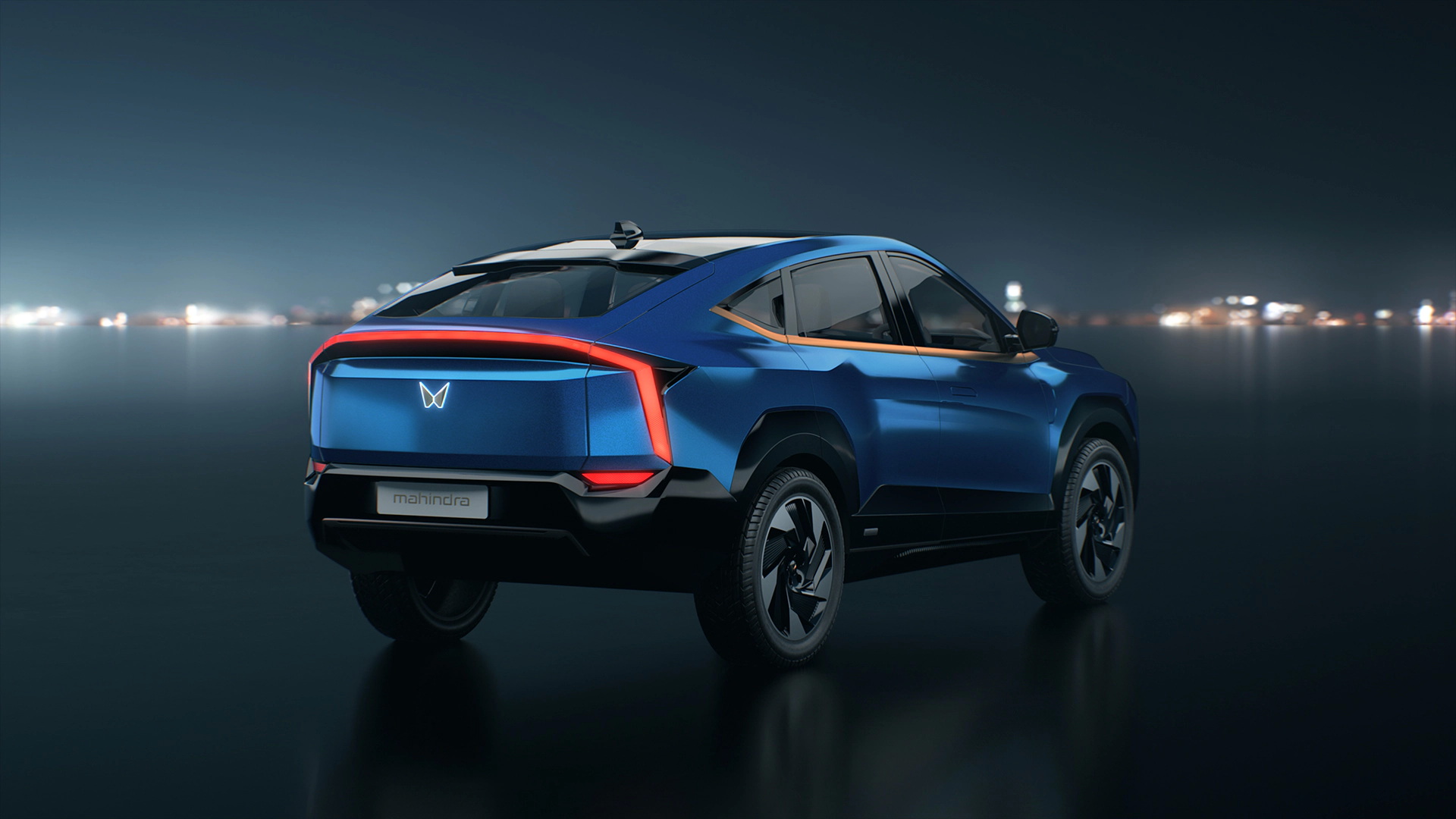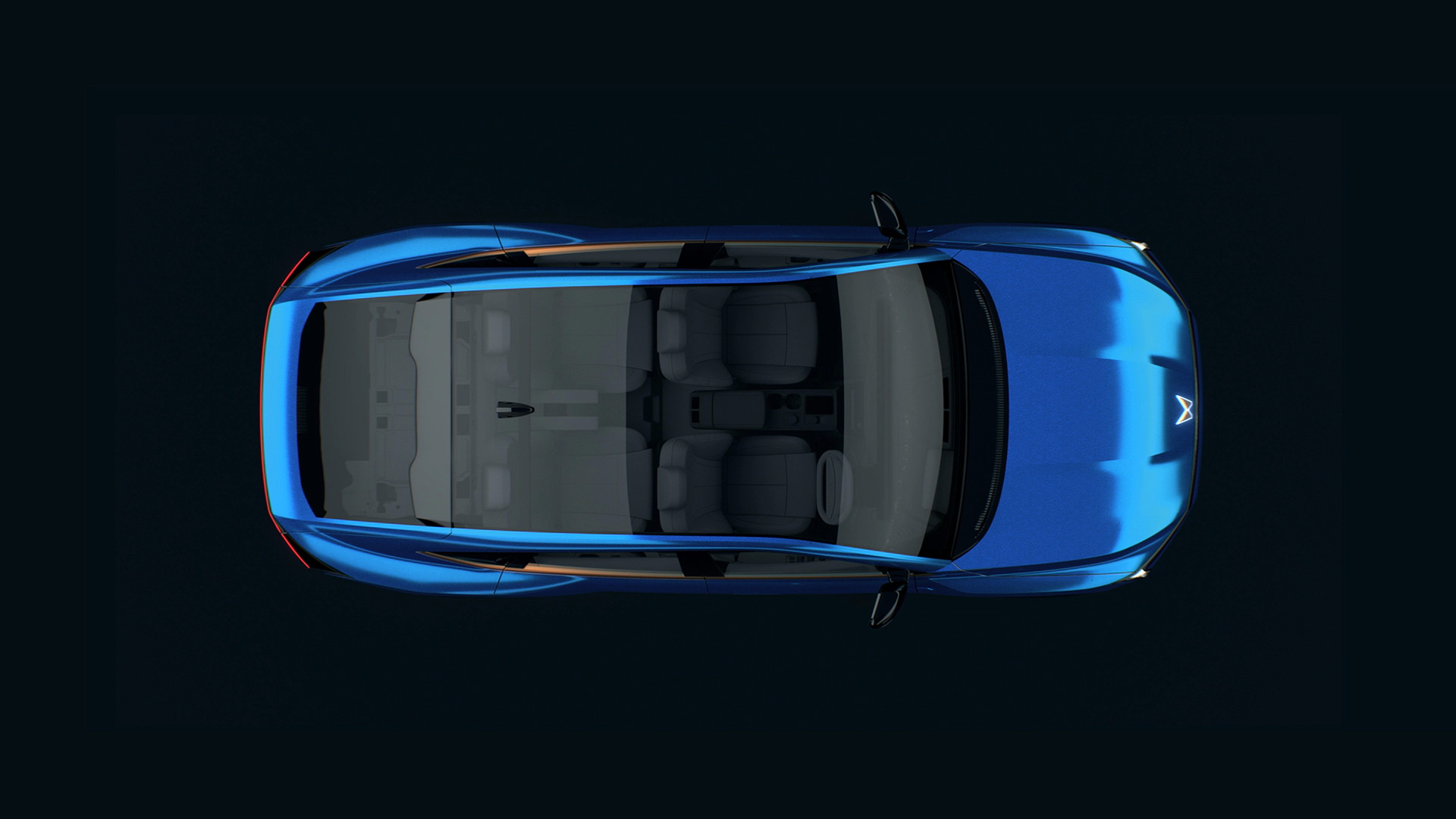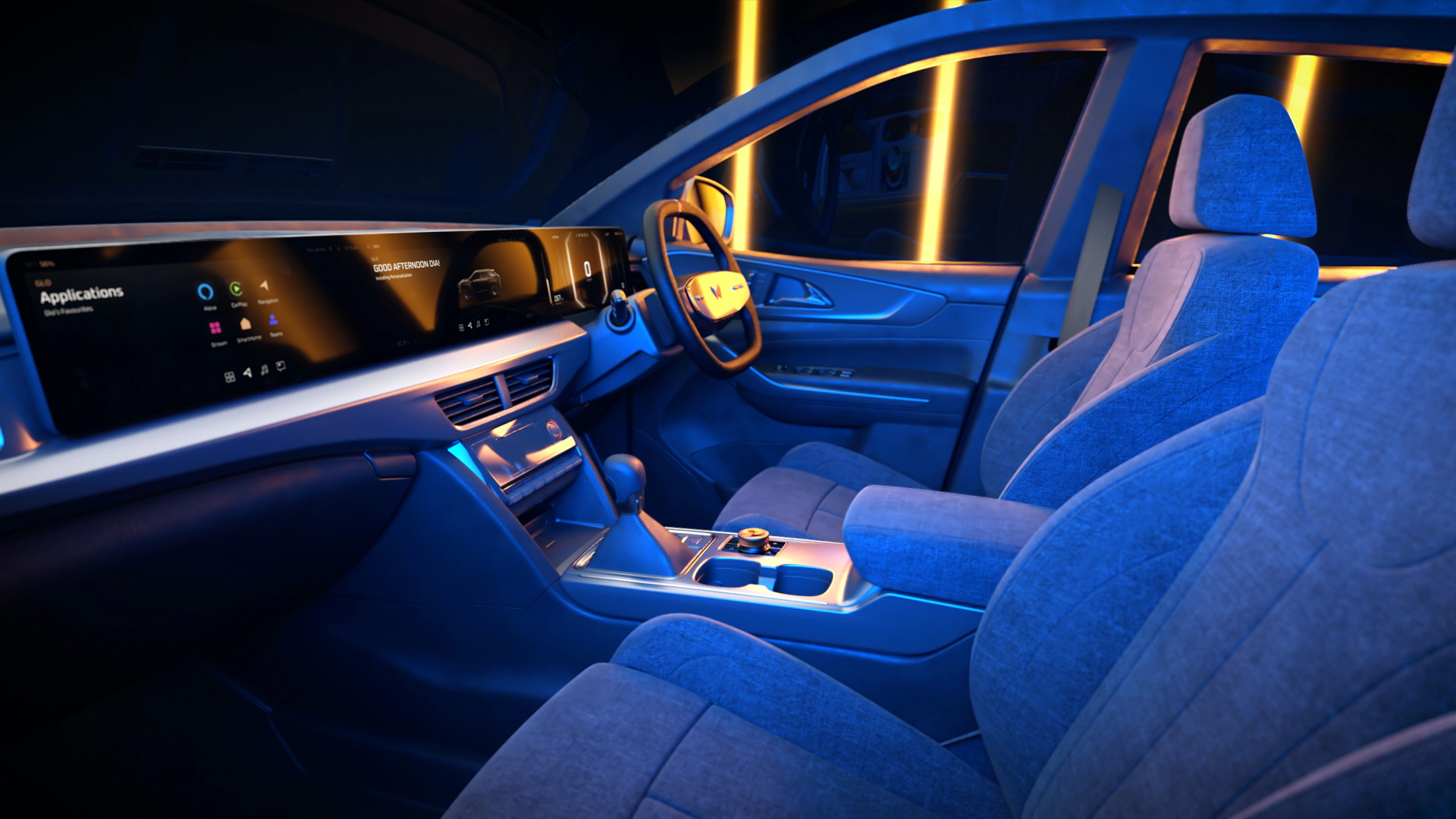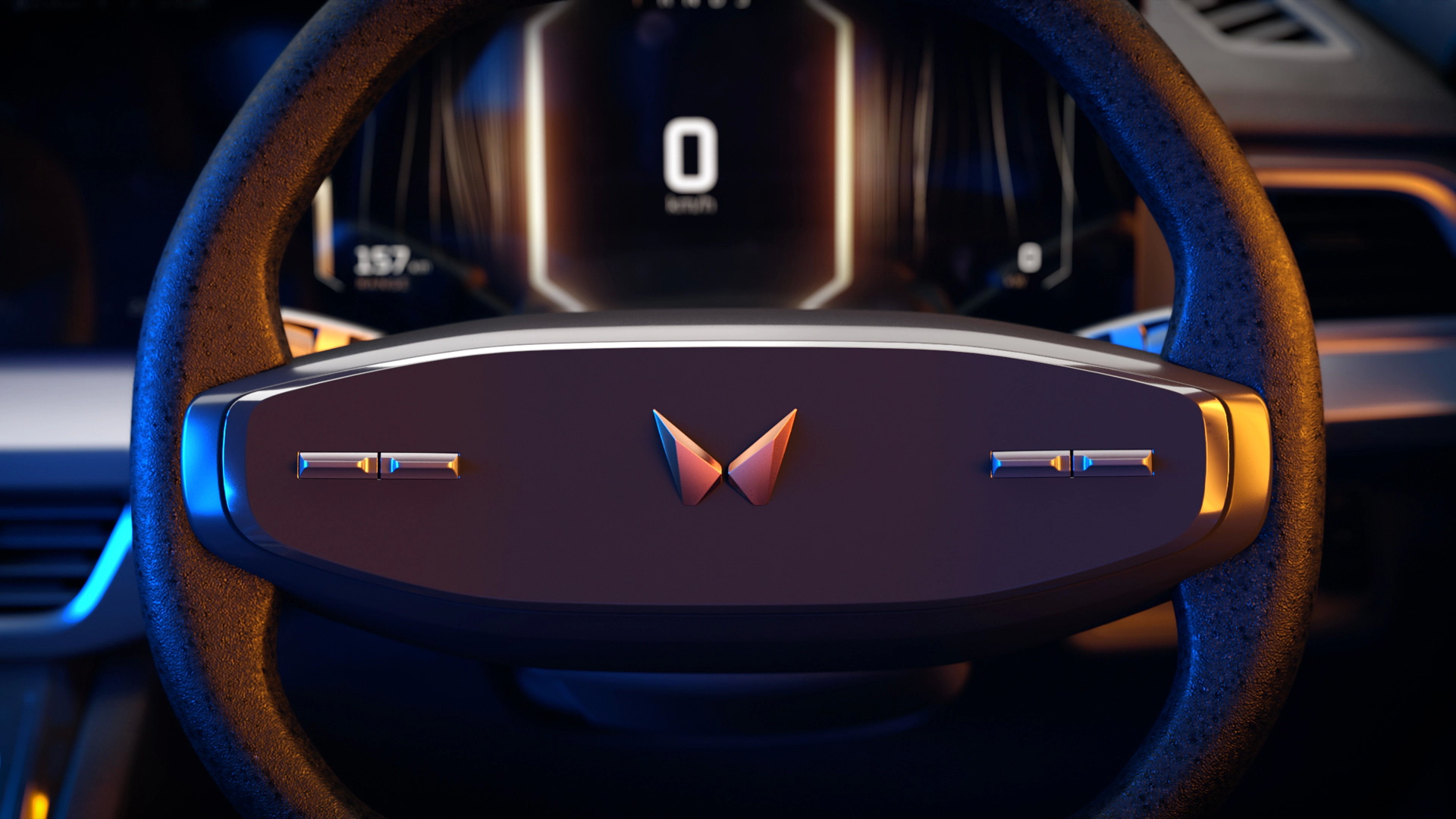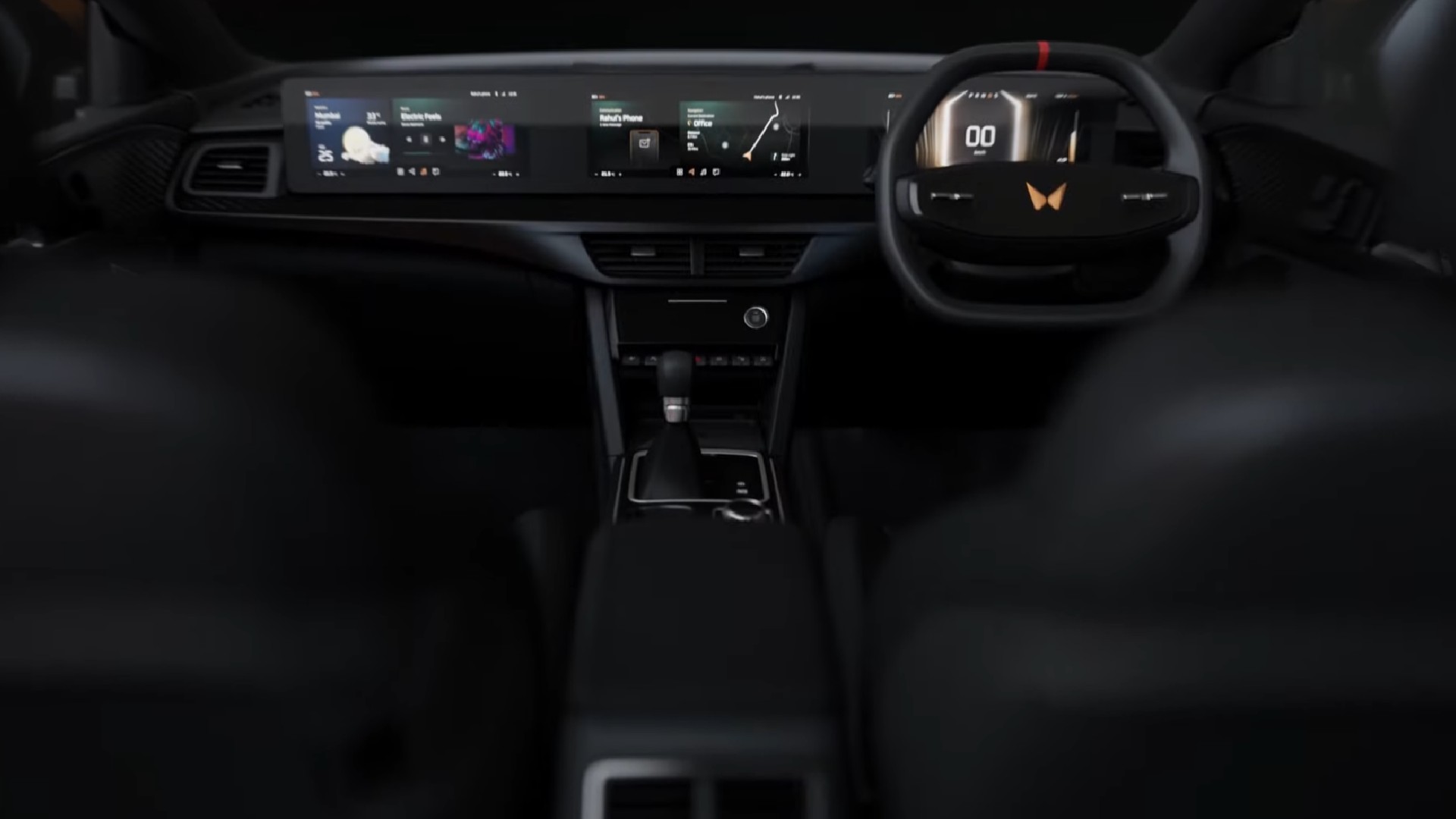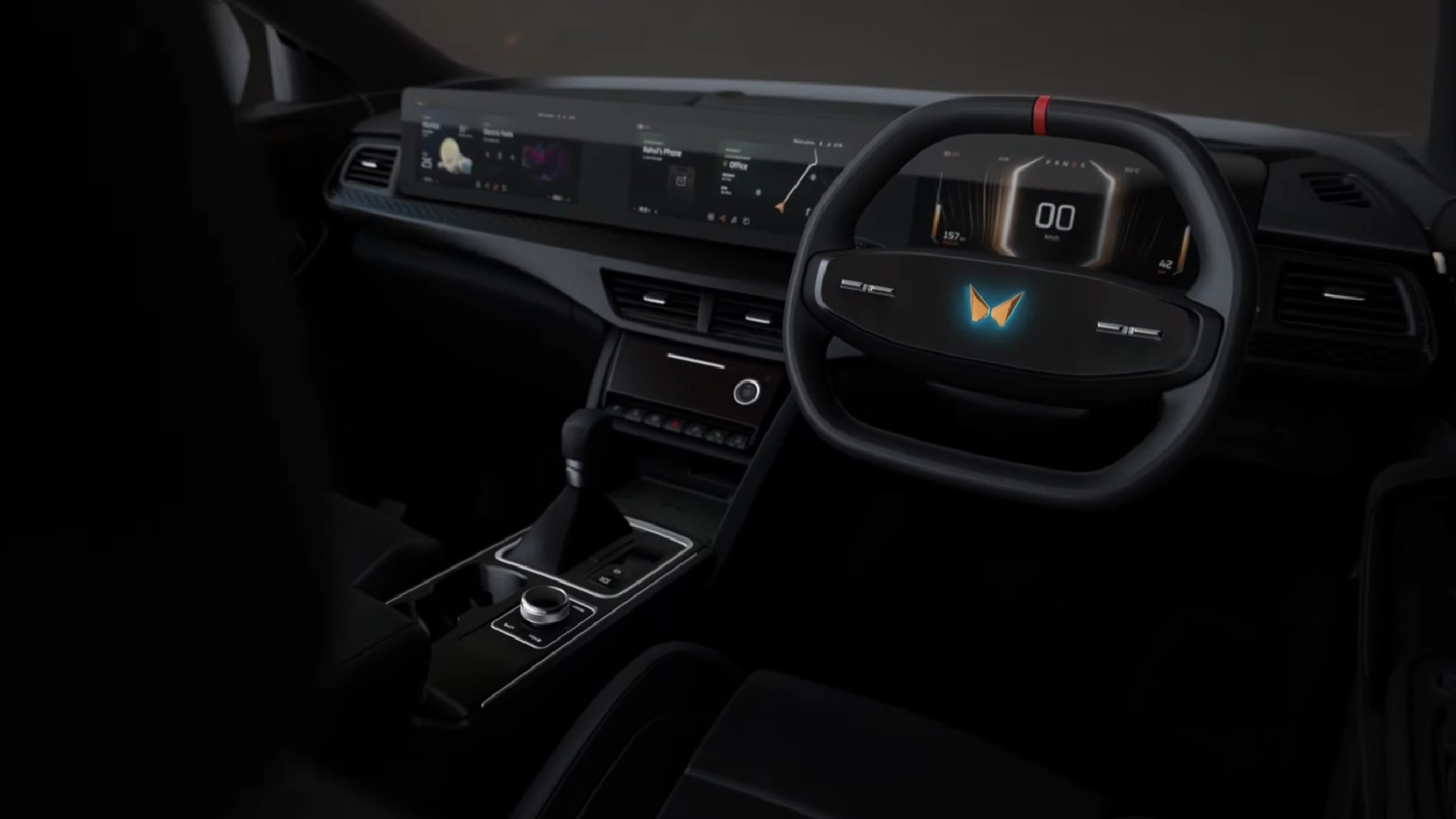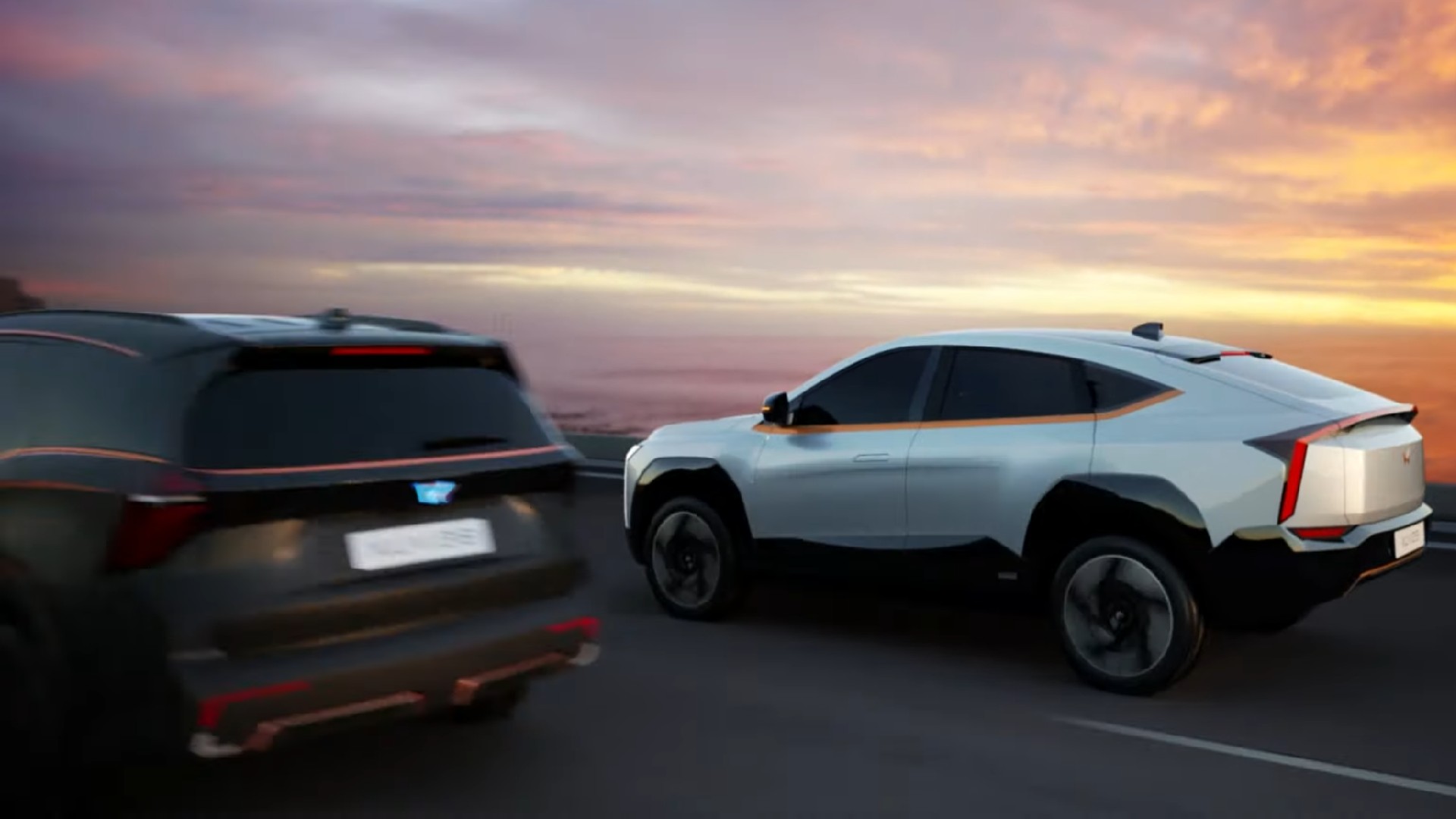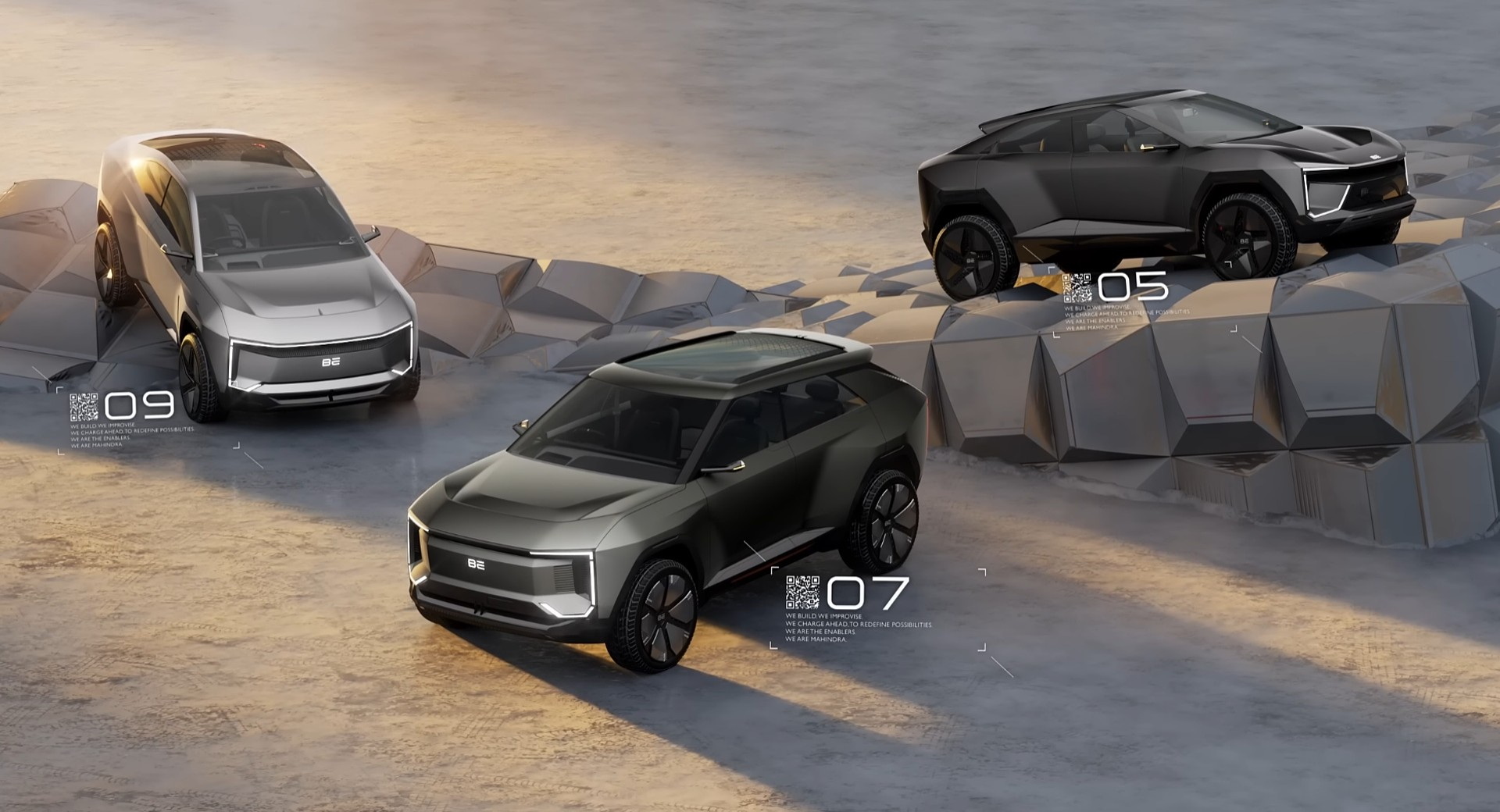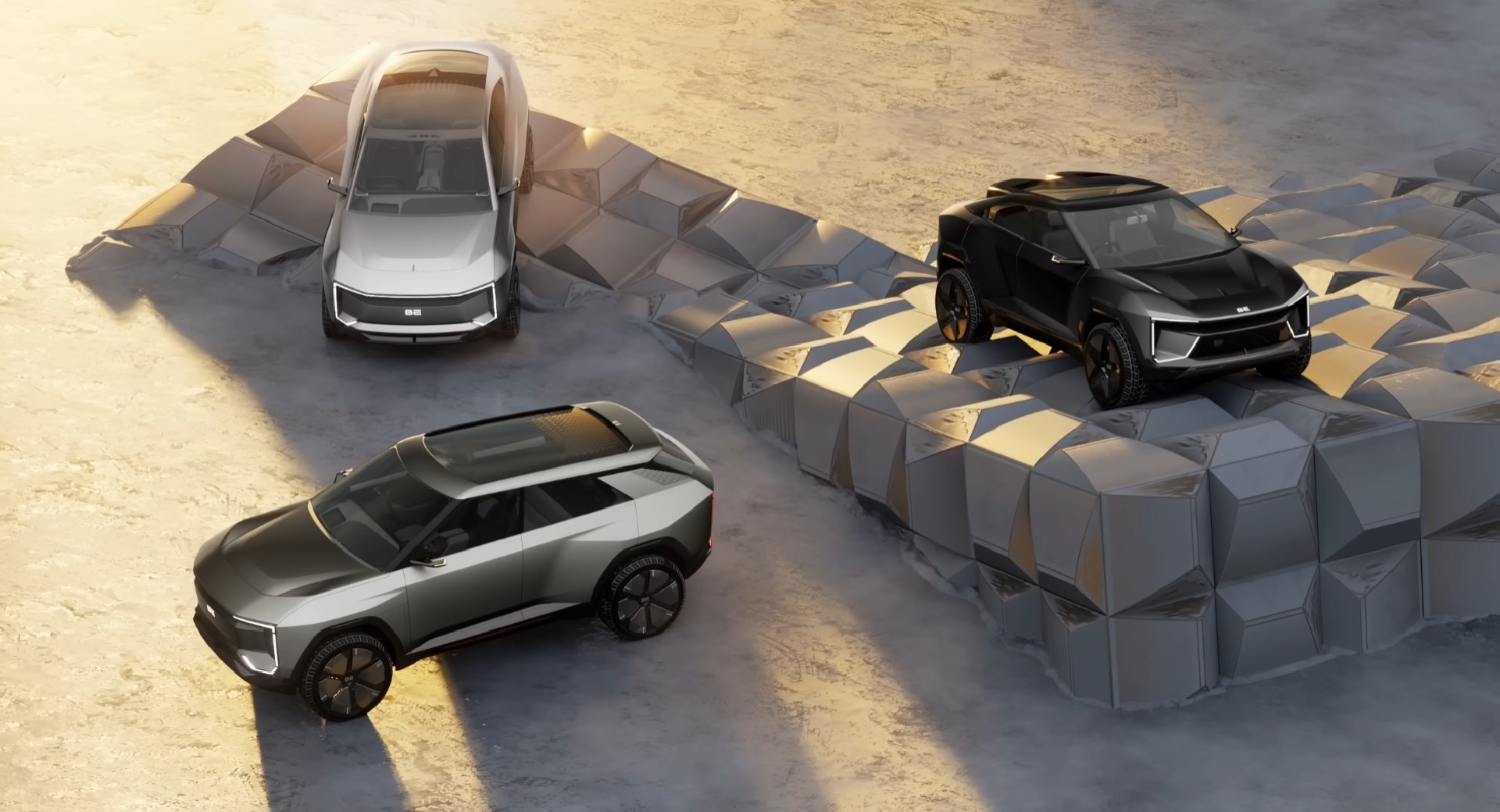Volkswagen has agreed to provide Mahindra with components from its MEB architecture and unified battery cells. These components will be utilized for the Indian automaker’s forthcoming EVs, slated to hit the market from 2025 onwards.
The collaboration between the two companies was formalized through a supply agreement signed on February 16, building upon their initial partnership announcement in 2022, which was outlined in the form of a partnering agreement and a term sheet.
The components sourced from Volkswagen will be integrated into a variety of electric SUVs built on Mahindra’s new INGLO architecture. Shared technology is expected to encompass electric motors and other essential parts, including unified cells. The agreement is set to span several years, with the supplied battery cells expected to have a total volume of around 50 GWh. This arrangement contradicts earlier reports suggesting that Mahindra might collaborate with the Chinese giant BYD due to rumored battery supply issues.
More: Tata To Skip Hybrids, Confirms 4 EV Launches By Early 2024
Mahindra EV Development Prototypes
Autocar India reports that that discussions are underway regarding platform sharing for future projects, potentially involving local manufacturing of the initially imported battery cells in India. It’s worth noting that aside from the VW Group brands (Volkswagen, Audi, Skoda, Seat, and Cupra), the MEB architecture is also utilized by Ford in Europe.
Mahindra has already previewed five INGLO-based electric SUVs for the Indian market. The rollout will start with the XUV.e8 SUV which is set to debut in December 2024, followed by the XUV.e9 coupe-SUV in April 2025. The sportier and more futuristic BE.05 will reportedly arrive in October 2025, with its larger BE.07 and BE.06 siblings expected to follow after 2026.
According to the official announcement, both Mahindra and VW will “continue to explore further potential opportunities for collaboration in India in the field of e-mobility”. The goal for both companies is to “strengthen their e-mobility footrpint” in the Indian market, and help “accelerate electrification” in the region.
In this context, Mahindra believes that electrified passenger vehicles will gain “significant momentum” in the coming years. However, rival automaker Tata is currently ahead in the electrification game, boasting a wider range of EVs.





